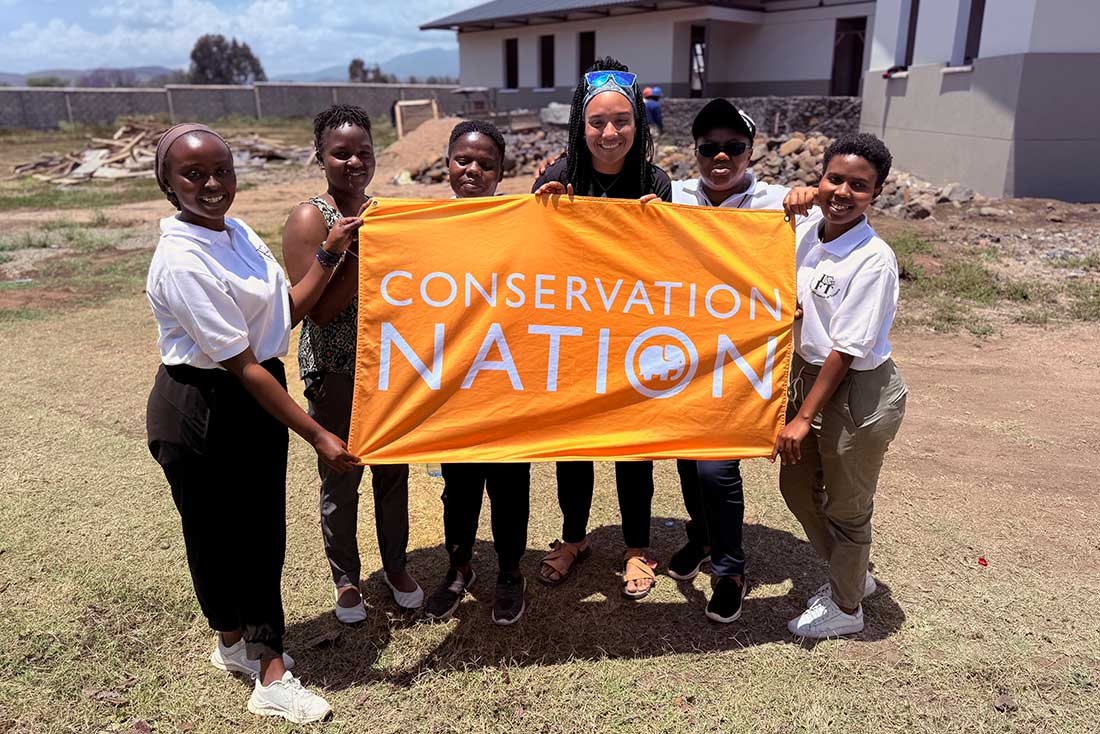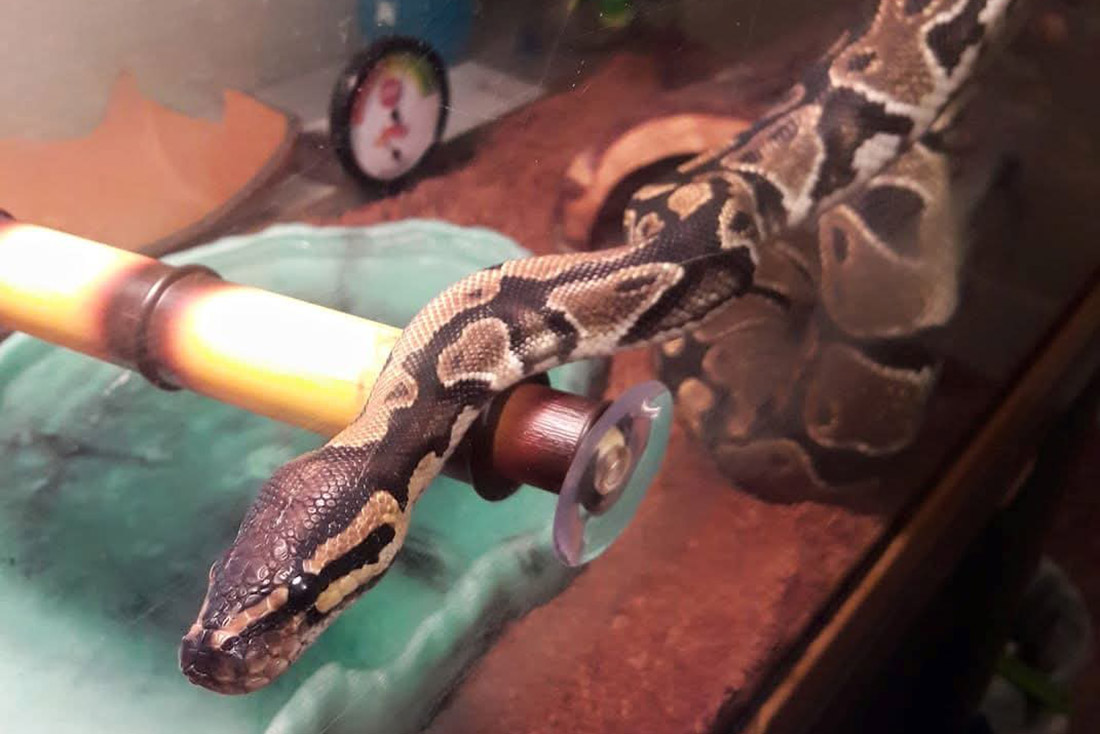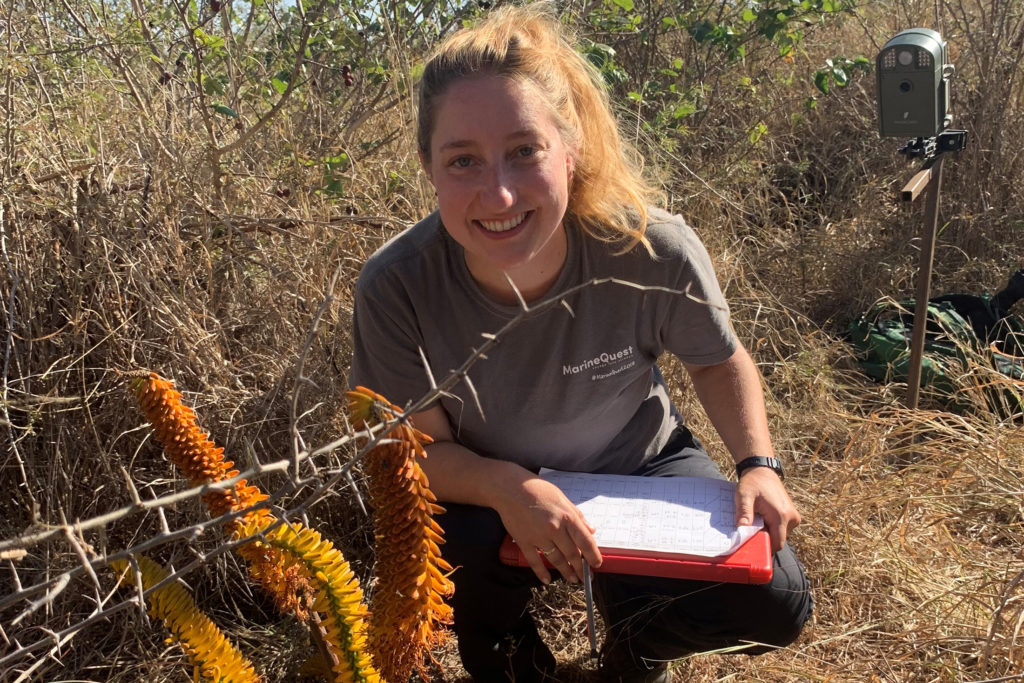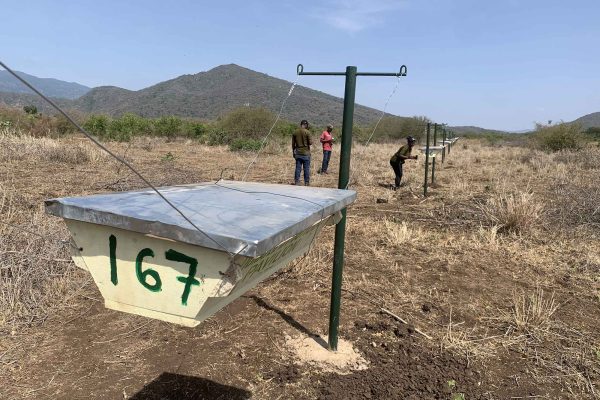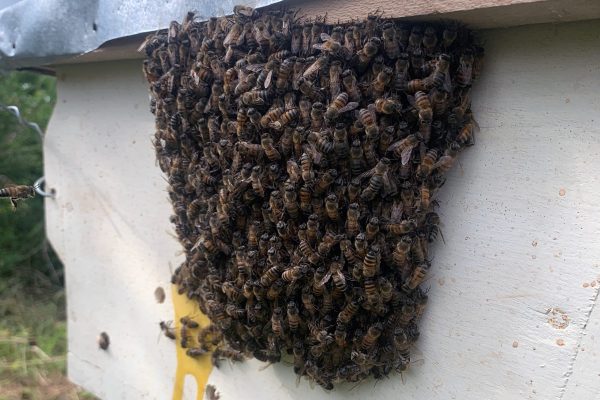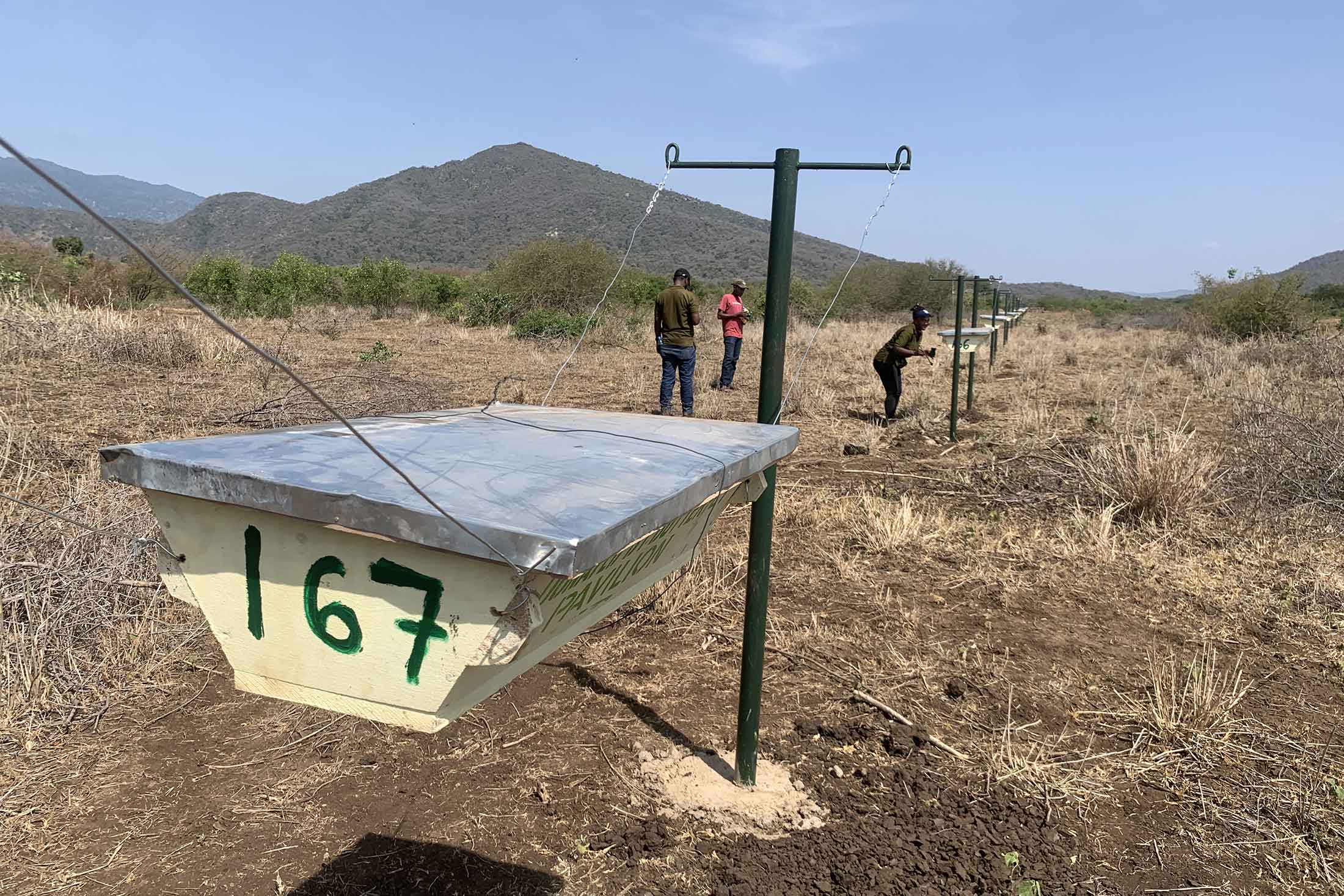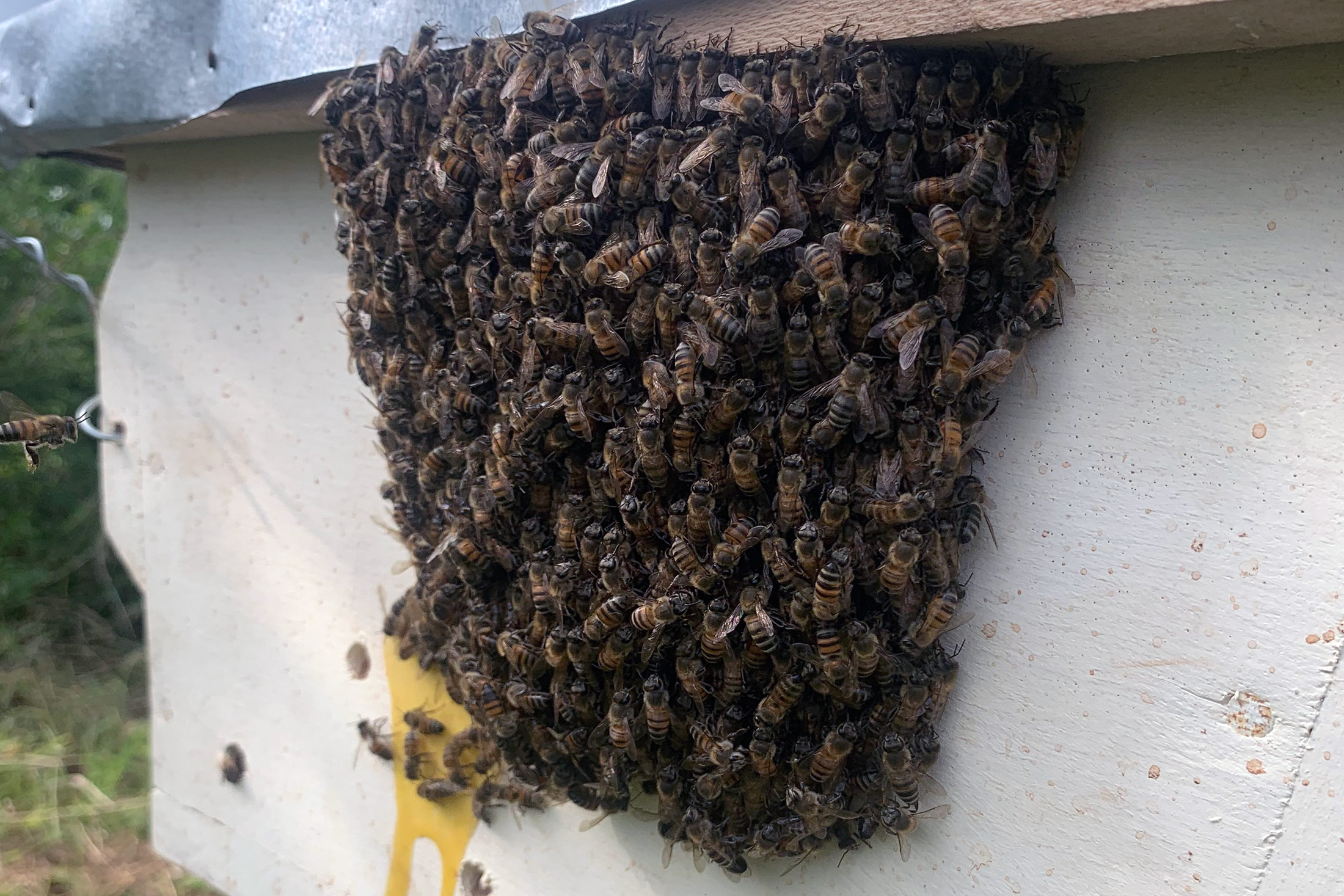Lorna McCallister is one of Conservation Nation’s 2022 Established Conservationist grantees. Lorna holds a BS in Wildlife Ecology and Conservation from the University of Florida and an MS in Interdisciplinary Ecology from the University of Florida. Lorna has worked on many wildlife research projects for government organizations and non-profits in Florida, Colorado, Sri Lanka, Kenya, and South Africa. Her work shifted towards invertebrate research when studying pollinator ecology in Eswatini for her master’s thesis. Currently, Lorna is the target species manager in the Research and Conservation Department at Butterfly Pavilion, a non-profit invertebrate zoo and research center in Colorado, where she works on national and international invertebrate research and conservation projects and manages their honey bee hives around the Denver metro area. Lorna is passionate about teaching people about wildlife and the importance of invertebrates and supporting local community agency in conservation projects.
Project Overview
Bees for Elephants: Beehive Fence in Tanzania
Mkomazi National Park, Tanzania
As rural communities grow in Africa and Asia, they are increasingly developing homesteads and croplands in areas that were previously open habitats where wildlife, such as elephants, migrated. This has led to increased interactions between humans and wildlife, often leading to conflict. As elephants move through transition zones between conservation areas and developing communities, they often enter the communities to raid crop fields and water stores. This increases negative community sentiments towards elephants and elephant conservation, which hurts the chances for successful, sustained elephant conservation work. In partnership with the Butterfly Pavilion, the Katie Adamson Conservation Fund, and the Tanzania Elephant Foundation, Lorna will be using her Conservation Nation grant to reduce human-elephant conflicts in Tanzania by constructing beehive fences, a proven elephant conflict mitigation tool. Beehive fences use elephants’ natural fear of native African honey bees to keep elephants out of farms. The hives also provide a supplemental income for communities through the sale of wax and honey, so that community groups can eventually self-manage the fences.

